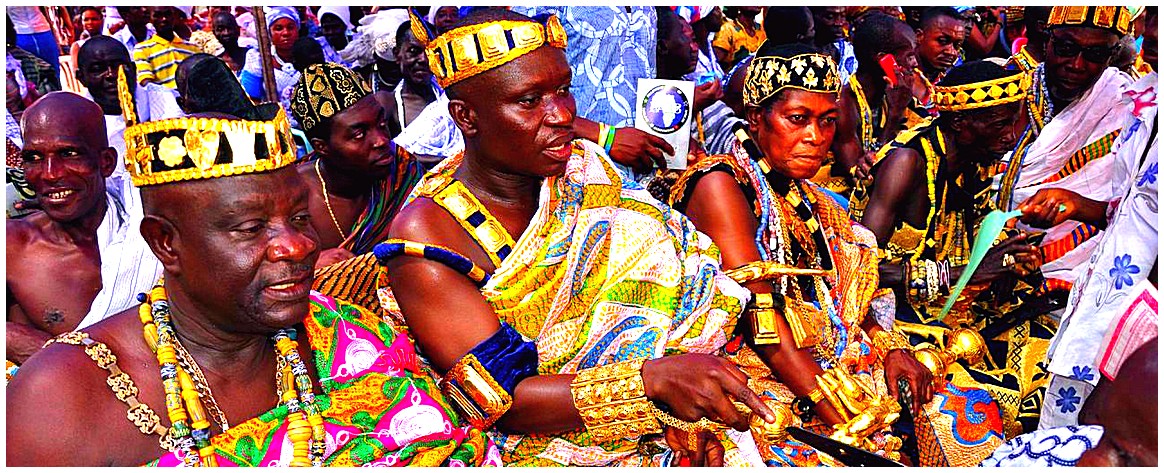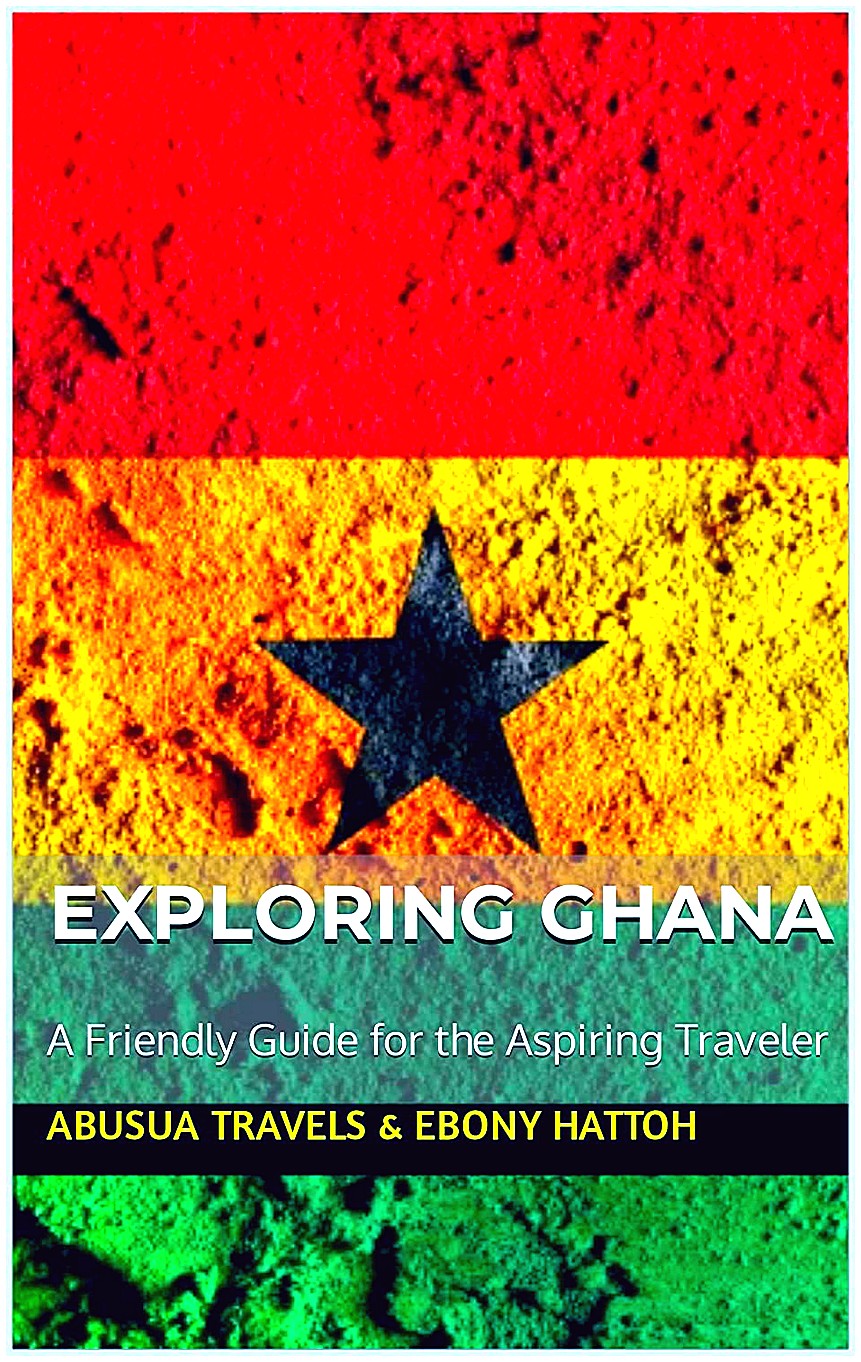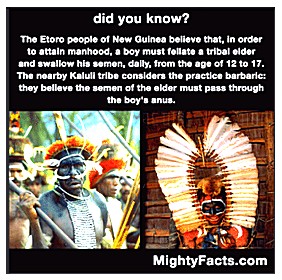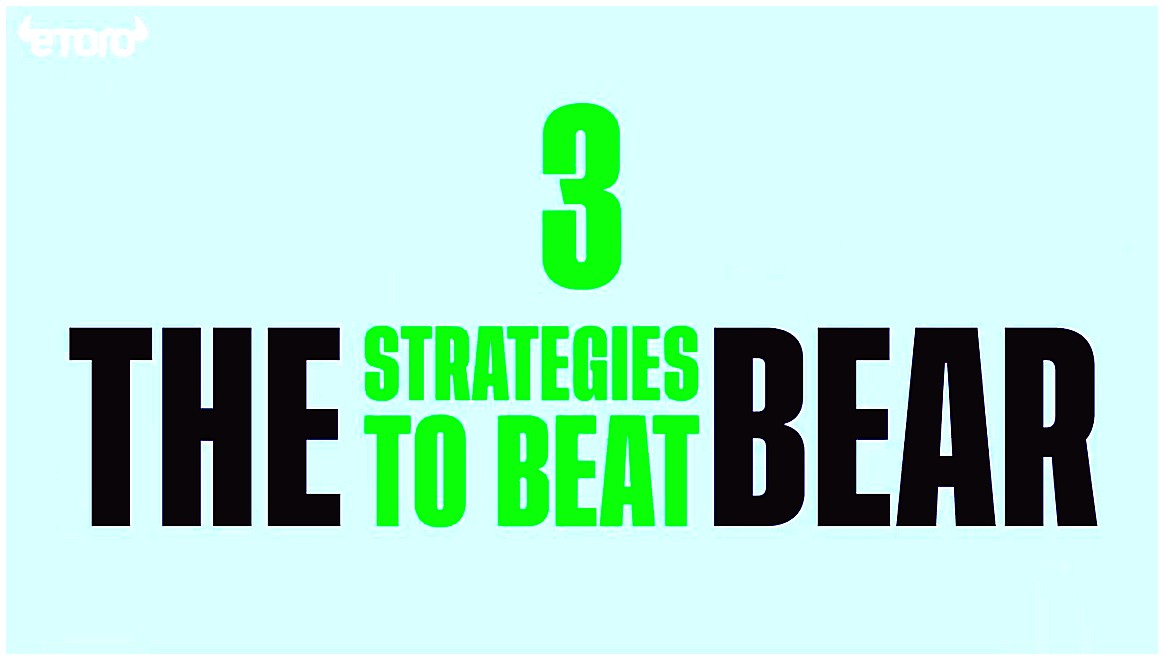Introduction to the Etoro People of Ghana

The Etoro people of Ghana are an ethnic group located in the Volta Region of the country. They have a long and rich history, having been part of the early Akan states that developed in what is now modern-day Ghana. The Etoro are known for their vibrant culture, which includes traditional music, dance, and storytelling. This article will explore some of these aspects as well as provide insight into their daily lives and beliefs. By learning more about this unique community, we can gain a better understanding of how they interact with their environment and each other.
History and Origins of the Etoro People

The Etoro people are an ethnic group located in the Upper East Region of Ghana. They are believed to have originated from Burkina Faso and migrated southward centuries ago. The Etoro language is a dialect of Gurunsi, which belongs to the larger family of West African languages known as Volta-Niger.
Traditionally, the Etoro were semi-nomadic pastoralists who lived off herding cattle and farming millet, sorghum, maize, yams and other crops. Their society was largely egalitarian with no centralized political authority or class structure; instead decisions were made by consensus among members of extended families or clans.
In recent years however, due to increased population pressure on their traditional lands they have been forced to move away from their nomadic lifestyle towards more sedentary agricultural practices such as growing groundnuts and rice for sale in local markets. This has led to some social changes within the community including greater stratification between wealthy landowners and poorer laborers as well as a decrease in communal decision making processes that had previously characterized their culture.
Despite these changes though many aspects of traditional life remain intact amongst the Etoro people today such as age-old customs related to marriage ceremonies and funeral rites which still play an important role in maintaining social cohesion within this unique ethnic group.
Culture and Traditions of the Etoro People

The Etoro people are an ethnic group of Ghana, located in the Upper East Region. They have a rich and vibrant culture that is deeply rooted in their traditions and beliefs. The Etoro people are known for their hospitality, strong sense of community, and respect for nature.
One of the most important aspects of the Etoro culture is its traditional music and dance. Music plays an integral role in all social gatherings, including weddings, funerals, festivals, and other celebrations. Traditional instruments such as drums, flutes, rattles, gongs and bells are used to create a unique soundscape that accompanies dancing.
Another important aspect of the Etoro culture is storytelling through oral tradition or proverbs passed down from generation to generation. These stories often contain moral lessons or provide insight into cultural values like respect for elders or hospitality towards strangers. Storytelling also serves as a way to preserve history by passing on knowledge about ancestors or events that occurred long ago.
Religion also plays an important role in the lives of many members of this ethnic group; they practice both Christianity and Islam but still adhere to some traditional spiritual practices such as ancestor worshiping ceremonies called “Owoo” which involve offerings made at ancestral shrines found throughout villages during special occasions like harvest time or when seeking protection from natural disasters like drought or floods .
Finally food forms part of their culture too with staples such as millet porridge (Tuon), maize porridge (Tinu) , yam pottage (Nkulenu) being served regularly along with dishes made from local ingredients like peanuts (Dabri). Food plays an important role in social gatherings where it’s shared among family members friends visitors alike showing how much they value sharing amongst each other .
Language and Dialects Spoken by the Etoro People

The Etoro people of Ghana speak the language of Eton, which is part of the Niger-Congo family. They also have a dialect known as Etuwara that is spoken in some parts of Ghana. Both languages are used for everyday communication among members of the community and to pass on traditional stories and knowledge from one generation to another.
Religious Beliefs and Practices of the Etoro People
The Etoro people of Ghana are a deeply spiritual and religious group. They believe in the existence of multiple gods, as well as ancestral spirits that protect them from harm. These beliefs shape their daily lives and practices, including their rituals, ceremonies, and offerings to the gods.
One important ritual is called “Nkpokpo” which involves sacrificing an animal to honor the gods. The animal is usually a goat or sheep and its blood is used to make offerings at shrines dedicated to specific deities. Additionally, Etoro people practice ancestor worship by honoring deceased family members with food offerings on special occasions such as funerals or weddings.
Another important part of Etoro religion is divination – using objects like shells or bones to determine whether something will be successful or not before it happens. This helps guide decisions about marriage partners, business ventures, farming activities etc., so that they can be sure they are making the right choices for their future success and prosperity.
Finally, many traditional healing practices also have spiritual components – herbs may be combined with prayers for example – reflecting the importance of faith in everyday life among this community. In conclusion then we can see how religious beliefs and practices play an integral role in shaping both individual behavior and collective identity within this fascinating culture
Social Structure, Gender Roles, and Marriage Customs among the Etoro People
The Etoro people of Ghana are an ethnic group that have a distinct social structure, gender roles, and marriage customs. The Etoro are traditionally matrilineal, meaning descent is traced through the mother’s family line. This has led to a society where women play an important role in decision-making and leadership. Women also own land and property which they can pass down to their children or other relatives.
Gender roles among the Etoro are quite traditional with men typically taking on roles as hunters and warriors while women take care of domestic duties such as cooking, cleaning, childcare, and farming. Men also serve as spiritual leaders within the community by performing rituals related to fertility and ancestor worship.
Marriage customs among the Etoro involve arranged marriages between families for economic reasons rather than love matches. Marriages usually involve a bride price paid by the groom’s family to the bride’s family along with gifts such as livestock or crops from both sides of the family in order to show mutual respect for each other’s wealth status. Polygamy is allowed but it is not common due to its costliness so most couples remain monogamous throughout their lives together.
Economic Activities Practiced by the Etoro People
The Etoro people of Ghana are known for their unique culture and way of life. They practice a variety of economic activities, including subsistence farming, fishing, hunting, trading and craftsmanship. Subsistence farming is the main source of food for the Etoro people; they grow yams, cassava, maize and other crops in small plots on their farms. Fishing is also an important activity for the Etoro people; they use traditional methods such as nets and traps to catch fish from nearby rivers or streams. Hunting is another important activity practiced by the Etoro people; they hunt wild animals such as antelopes or monkeys using spears or bows and arrows. Trading is also an important economic activity practiced by the Etoro people; they trade items like salt, tobacco or cloth with neighboring communities in exchange for food or other goods. Craftsmanship is also an integral part of the economy among the Etoro people; they make baskets out of reeds and weave mats from grasses found in local forests.
Arts, Music, Cuisine, Clothing Styles Unique to The Etoro Peoples
The Etoro people of Ghana are known for their unique culture and traditions. From their arts to music, cuisine, and clothing styles, the Etoro have a distinct identity that sets them apart from other cultures in the region.
Arts: The Etoro people have a rich artistic tradition that includes painting, sculpture, carving, weaving and pottery-making. They also create elaborate masks for traditional ceremonies such as funerals or initiations into adulthood. These works of art often feature geometric designs and bright colors that reflect the vibrant spirit of the Etoro people.
Music: Music is an important part of life among the Etoro people. Traditional songs are used to celebrate special occasions such as weddings or births; they also accompany dances performed during festivals or religious rituals. The musical instruments used by the Etoro include drums made from hollowed logs covered with animal hide; rattles made from gourds filled with pebbles; flutes carved out of bamboo stalks; and xylophones constructed using pieces of wood suspended over resonating gourds filled with water or sand.
Cuisine: The staple food among the Etoro is cassava root which is boiled then pounded into a paste called fufu – this dish is served alongside various types of sauces made from vegetables or fish cooked in palm oil sauce. Other popular dishes include yam porridge served with groundnut soup (a stew prepared using peanuts), jollof rice (rice cooked in tomato sauce) and akara (fried bean cakes).
Clothing Styles: Clothing styles among the Etoro vary depending on gender but generally consist of brightly colored cloth wraps worn around waists for men while women typically wear long skirts decorated with beads along with headscarves embroidered with colorful patterns. Additionally both genders may accessorize their outfits further by wearing necklaces adorned with shells or cowrie shells as well as anklets crafted out of metal rings strung together on leather thongs
Challenges Faced By The Modern Day Eturo Peoples
The Etoro people of Ghana have faced a number of challenges in recent years. One major challenge is the loss of their traditional lands and resources due to the expansion of commercial agriculture, mining, and other development projects. This has led to a decrease in access to food sources, as well as displacement from their ancestral homes. Additionally, many Etoro people lack access to basic services such as healthcare and education due to poverty levels that are higher than the national average. Furthermore, climate change has caused unpredictable weather patterns which have resulted in decreased crop yields for subsistence farmers who rely on these crops for sustenance. These factors all contribute to an increased vulnerability among the Etoro population which can be seen through malnutrition rates that are significantly higher than those found elsewhere in Ghana.
Conservation Efforts Aimed at Preserving The Eturo Peoples’ Heritage
The Etoro people of Ghana have a rich and unique cultural heritage that is worth preserving. In recent years, there has been an increased focus on conservation efforts aimed at preserving the Etoro peoples’ heritage. These efforts include educational programs to raise awareness about the importance of their culture, as well as initiatives to protect traditional sites and artifacts from destruction or exploitation. Additionally, organizations such as UNESCO are working with local communities to promote sustainable development practices that respect and honor the Etoro’s traditions while also providing economic opportunities for its members. By protecting this ancient culture, we can ensure that future generations will be able to experience its beauty and significance for many years to come.
| Etoro People of Ghana | Other African Tribes |
|---|---|
| Language | Different languages |
| Religion | Variety of religions |
| Culture | Unique cultures |
| Social Structure | Varying social structures |
| Diet | Various diets |
What is the traditional lifestyle of the Etoro people?
The traditional lifestyle of the Etoro people is centered around their belief in ancestor worship and male initiation rituals. They are a subsistence-based society, relying on hunting, fishing, and gathering for their food sources. The Etoro also practice shifting cultivation of crops such as yams, taro, bananas, sugar cane and sweet potatoes. They live in small villages made up of family compounds that are led by an elder or headman. Their social structure is based on age groups with men having more authority than women. Traditional beliefs play an important role in the lives of the Etoro people; they believe that all living things have spirits which must be respected to maintain harmony within their community.
How has globalization impacted the culture and traditions of the Etoro people?
Globalization has had a significant impact on the culture and traditions of the Etoro people. Globalization has brought increased access to technology, new forms of communication, and more diverse cultural influences from around the world. This has led to changes in traditional customs and beliefs among many Etoro people as they adapt to a rapidly changing global environment. For example, some Etoro have adopted modern technologies such as mobile phones or computers for communication purposes, while others have embraced foreign religions or lifestyles that were previously unknown in their community. Additionally, globalization has opened up economic opportunities for many members of the Etoro community by providing access to international markets and resources that would otherwise be unavailable.
What are some of the main beliefs and values that define the Etoro people?
The Etoro people have a number of core beliefs and values that define their culture. These include:
1. Respect for the environment and all living things, as well as an understanding of the interconnectedness between humans and nature.
2. A strong sense of community and mutual support among members of the tribe.
3. An emphasis on sharing resources with others in need, such as food or tools for hunting or gathering materials from the land.
4. A belief in ancestor worship, where deceased ancestors are remembered through rituals and ceremonies to ensure their spirits remain connected to the living world around them.
5. The importance of storytelling, which is used to pass down knowledge from generation to generation about their history, customs, values, and beliefs
Are there any unique ceremonies or rituals practiced by members of this tribe?
Yes, there are unique ceremonies and rituals practiced by members of this tribe. These include rites of passage such as initiation into adulthood, marriage ceremonies, funerals, healing rituals, and harvest festivals. Each ceremony or ritual has its own set of customs that must be followed in order to ensure the proper respect for the spiritual forces involved.
How does education play a role in preserving and promoting cultural heritage among members of this tribe?
Education plays an important role in preserving and promoting cultural heritage among members of a tribe by providing them with the knowledge, skills, and resources to understand their culture. Through education, tribal members can learn about their history, language, customs, beliefs, and values. This helps to ensure that these traditions are passed down from generation to generation. Education also provides opportunities for tribal members to engage in activities such as traditional music or art that help keep the culture alive. Finally, education can be used as a tool for advocacy and social change within the tribe so that its cultural heritage is respected and protected.
Are there any challenges facing this community today due to modernization and urbanization?
Yes, there are several challenges facing this community due to modernization and urbanization. These include increased competition for resources such as housing, jobs, transportation, and services; environmental degradation caused by pollution and overdevelopment; displacement of traditional communities due to gentrification; rising inequality between the rich and poor; loss of cultural identity as traditional values are replaced with modern ones; and a decrease in public spaces that can be used for socializing or recreation.
Is there an effort to promote tourism in order to preserve their cultural identity for future generations?
Yes, there is an effort to promote tourism in order to preserve cultural identity for future generations. This can be done through various initiatives such as creating educational programs and activities that highlight the unique culture of a particular region or country, providing opportunities for people to experience traditional customs and practices firsthand, and encouraging local businesses to provide services related to preserving cultural heritage. Additionally, governments may also offer incentives such as tax breaks or grants for those who are working towards preserving their culture.
What steps can be taken to ensure that traditional practices remain intact while also allowing for growth within modern society?
1. Educate people about the importance of traditional practices and their relevance to modern society.
2. Create policies that support the preservation of traditional practices while also allowing for growth within modern society.
3. Involve members of the community in decision-making processes related to changes in traditional practices, so they can be sure their voices are heard and respected.
4. Establish partnerships between local governments, businesses, and other organizations to ensure resources are available for preserving traditional practices while promoting economic development in the area.
5. Develop programs that provide training on how to use new technologies or skills needed for adapting traditional practices into a modern context without losing their essence or cultural value

05.05.2023 @ 13:42
Russian:
Этнос Эторо из Ганы – это народ, проживающий в регионе Вольта. У них богатая и долгая история, они были частью ранних государств Акан, которые развивались на территории современной Ганы. Эторо известны своей яркой культурой, которая включает в себя традиционную музыку, танцы и рассказы. В этой статье мы рассмотрим некоторые из этих аспектов, а также предоставим информацию о их повседневной жизни и верованиях. Изучая эту уникальную общину, мы можем лучше понять, как они взаимодействуют с окружающей средой и друг с другом.
История и происхождение народа Эторо
Эторо – это этническая группа, проживающая в Верхнем Восточном регионе Ганы. Они считаются потомками народа Буркина-Фасо, который мигрировал на юг века назад. Язык Эторо – это диалект гурунси, который относится к большому семейству западноафриканских языков, известных как Вольта-Нигер.
Традиционно, Эторо были полупастушескими кочевниками, которые жили за счет скотоводства и выращивания проса, сорго, кукурузы, сладкого картофеля и других культур. Их общество было в значитель